India’s largest film festival dedicated entirely to cinema for environmental change, the All Living Things Environmental Film Festival (ALT EFF), is set to return with its fifth edition from December 4–14, 2025. With a strong mission to spotlight films rooted in environment, wildlife, sustainability, and climate action, the festival this year expands its scale, reach, and creative footprint like never before.
The 2025 edition marks a significant leap forward with acclaimed filmmakers and champions of sustainability coming together. Films backed by Zoya Akhtar and Kiran Rao headline the programme, while celebrated actors Randeep Hooda, Richa Chadha join as Goodwill Ambassadors, further strengthening the festival’s purpose-driven advocacy.
Now in its fifth year, ALT EFF has firmly established itself as India’s leading platform for climate-conscious cinema. It brings together filmmakers, activists, researchers, and audiences to explore the power of storytelling in driving environmental action. The 2025 edition introduces new programmes, collaborations, and impact initiatives, positioning ALT EFF not just as a festival—but as a growing movement committed to creating tangible change.
Kunal Khanna, Founder & Festival Director, ALT EFF, said, “ALT EFF was created with a simple conviction, that cinema can inspire people to think differently and act decisively. Over the last six years, films from across the globe have shown us time and again that audiences everywhere recognise one urgent reality: safeguarding the planet is no longer optional. With this edition, and with initiatives like our decentralised format and watch parties, we’re pushing that belief further by bringing these stories straight into communities where meaningful change begins.”
Anaka Kaundinya, Programming Director, “Every edition of the festival mirrors the shifting dialogue around our environment, from collective climate fears to the innovative solutions emerging worldwide. What makes the 2025 programme truly unique is the blend of international narratives and hyperlocal voices, offering a complete picture of how humans connect with the natural world. We’re looking forward to witnessing how viewers respond to these films, whether they’re watching in cinemas, at community gatherings, or through our new watch-party experiences.”
Key Highlights of ALT EFF 2025
Opening Night Film:
Turtle Walker, produced by Zoya Akhtar, will open the festival in Mumbai on December 4, marking the beginning of a 10-day showcase featuring 80+ films from India and across the globe.
Jury Panel:
Actor–filmmaker Shriya Pilgaonkar and National Award-winning filmmaker Pan Nalin headline the jury for 2025.
New Goodwill Ambassadors:
Actors Richa Chadha, Randeep Hooda, and Milind Soman join ALT EFF as ambassadors, amplifying awareness around environmental sustainability.
₹40 Lakh Environmental Film Fund:
In a transformative step for the industry, ALT EFF announces India’s first dedicated environmental filmmaking fund, offering ₹40 lakh to nurture stories that address ecological concerns with creativity and urgency.
Key Events:
The festival launches with an opening-night curtain raiser in Mumbai on December 4 followed by a series of immersive talks, screenings, and community experiences through the weekend in Bengaluru.
Flagship Films of 2025:
Alongside Turtle Walker, the festival will screen impactful titles including:
Panha (produced by Dia Mirza)
Humans in The Loop (produced by Kiran Rao)
Some other key films that will be showcased at the festival includes the following (with their brief descriptions)
Turtle Waker (Produced by Zoya Akhtar)
In the late 1970s, Satish Bhaskar embarked on an epic journey along India’s coastlines and the spectacular Andaman and Nicobar islands, where he uncovered the vital nesting beaches of sea turtles. During his death-defying quest, he unravels mysteries surrounding these enigmatic ocean creatures – and sets out to save them from extinction. After a devastating tsunami strikes in 2004, Bhaskar grapples with a pressing question: What happens to sea turtles when their nesting beaches disappear?
Panha (Produced by Dia Mirza)
In a quaint Maharashtrian village, a family faces losing their ancestral mango farm to the bullet train project. Through the tender eyes of Vithu (7), we witness their struggle to shield him from the truth. Baba (father) wishes to start anew in the city, while Kaka (uncle) clings to their farming roots . Aware of the irreparable rift , Vithu takes matters into his own hands. Days before eviction, he goes missing. A frantic search ensues. When found, they discover a tunnel dug by him to divert the train underground and save their farm. His innocent determination forces the family to confront their grief, dissolve barriers, and come together for a heartfelt surprise for Vithu.
Humans in The Loop (Produced by Kiran Rao)
Humans In The Loop essays the story of an indigenous woman who begins interacting with AI while working in a remote data centre in Jharkhand.
After enduring years of name-calling and taunts that echoed deep-rooted biases against her community, Nehma makes the difficult decision to separate from her partner. Seeking solace and a fresh start, she returns to her ancestral village with her children. To support her family, she takes on an unexpected role as a data labeller - training algorithms to recognize and differentiate between objects - with the same patience and precision as a parent guiding a child.
As she delves deeper into her work, Nehma begins to uncover the subtle yet persistent human biases embedded within AI systems, prompting her to question whether technology can ever truly reflect an indigenous worldview.
Future Council (Australia, Netherlands)
Director Damon Gameau (2040, THAT SUGAR FILM) invites eight children on an epic adventure across Europe in a school bus powered by biofuel. Their mission is to better understand the planet’s predicament, explore solutions and, most importantly, take the conversation from the streets, into the boardrooms of some of the world’s largest polluters and most influential companies.
Snow Leopard Sisters (Nepal)
The film tells the inspiring story of an unlikely yet powerful friendship between two Indigenous women in one of the most isolated corners of the Himalayas. The film follows local snow leopard conservationist Tshiring Lhamu Lama as she mentors 17-year-old Tenzin Bhuti Gurung, who is desperate to escape a forced marriage. Together, they journey through the treacherous yet breathtaking landscape of the Himalayas in search of the last remaining endangered snow leopards.
Farming The Revolution (India, France)
In November 2020, Gurbaz Sangha, a young farmer from Punjab, embarked on a remarkable journey. Riding his tractor 400 kilometres to Delhi, he joined forces with thousands, and later more than half a million, men and women from many parts of the country. Their united mission: to stand against the newly enacted farm laws. Amid a COVID lockdown, the farmers – representing over half of India’s workforce – vowed to remain at the borders until the laws were repealed. The protest cities that mushroomed outside Delhi created a parallel world where they redefined co-existence, with women emerging as equal political partners. The scale of these protests echoed the spirit of India’s independence movement, culminating in an unexpected, triumphant outcome.
Chasing Time (USA)
Over the course of the 15-year Extreme Ice Survey project, photographer James Balog and his team brought some of the world’s first and most compelling visual evidence of climate change to the global stage as he depicted the rapid melting of glaciers around the world. Thoughtfully helmed by acclaimed director Jeff Orlowski-Yang (Chasing Ice, Chasing Coral, The Social Dilemma) and first-time filmmaker Sarah Keo, Chasing Time is a meditative exploration of time and mortality, following James and his crew as they bring the decades-long project to a close, cataloging more than one million images in the process.
Black Snow (USA)
When the residents of a remote Siberian city discover an old Soviet mine has caught fire beneath their neighborhood, they turn to Natalia Zubkova, a local homemaker-turned-journalist, for help. But after her news videos go viral, she suddenly finds herself the target of a massive government disinformation campaign.


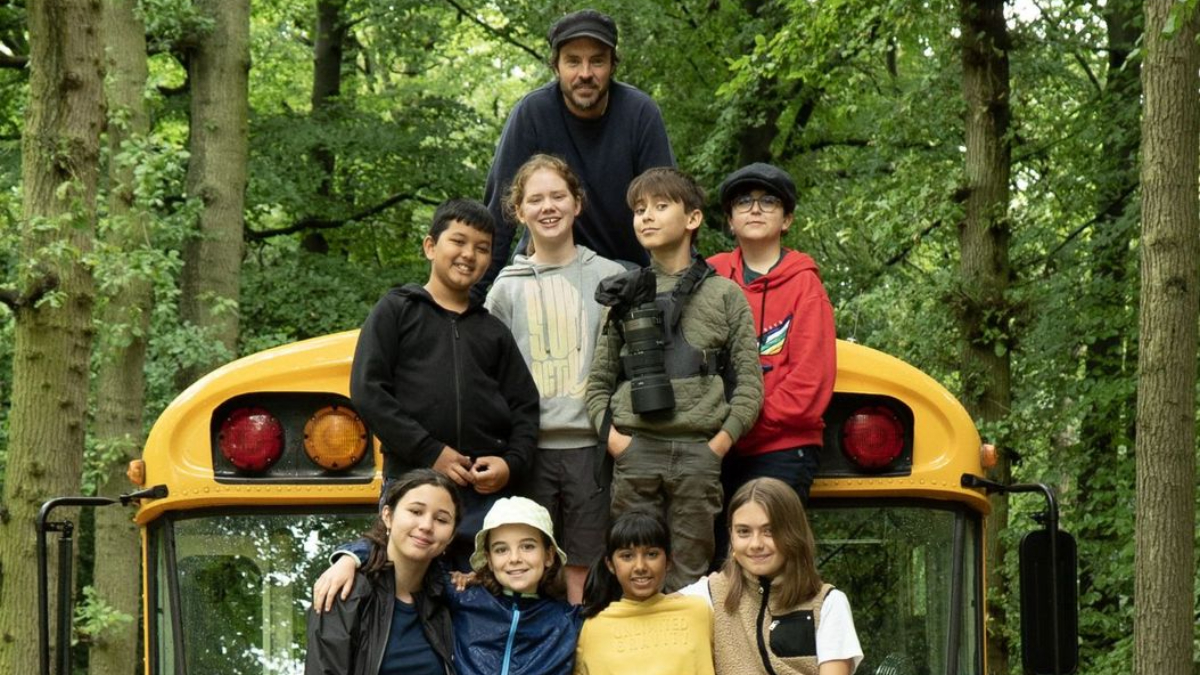)
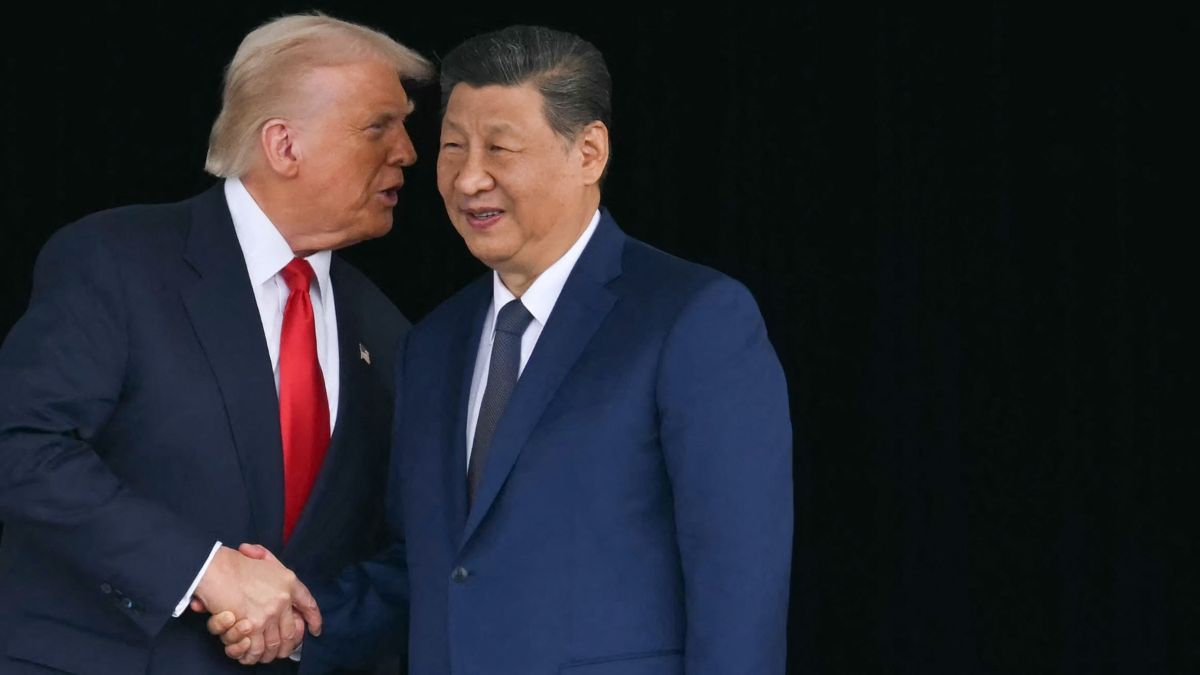)
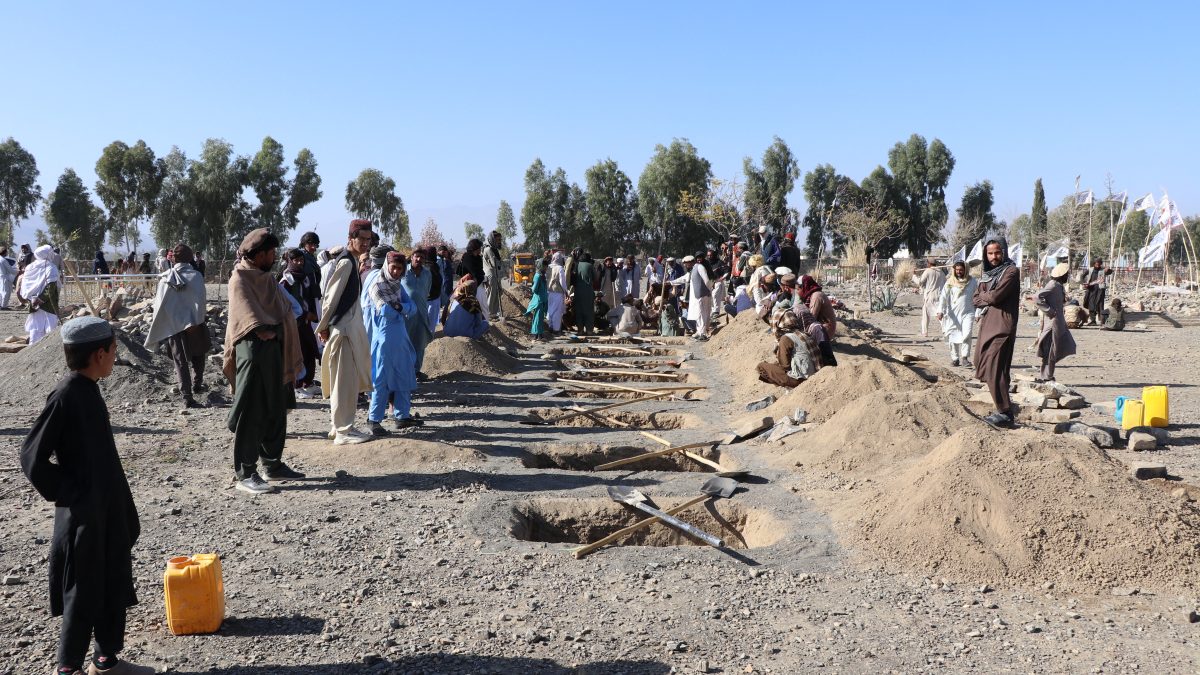)
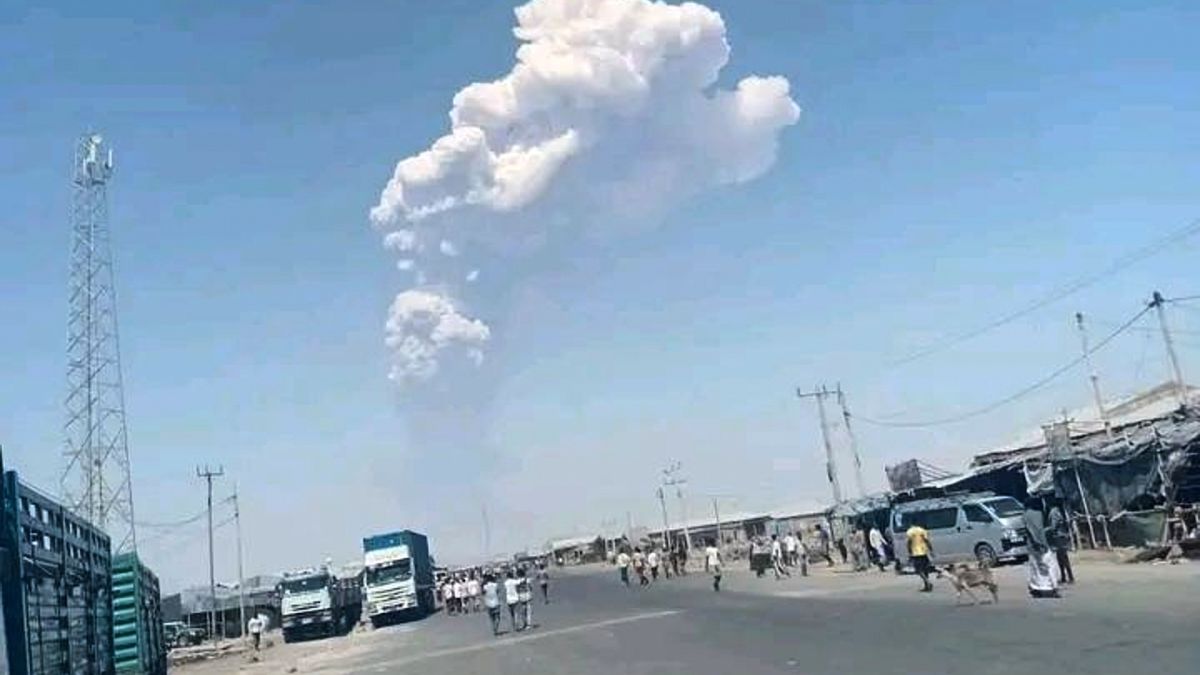)
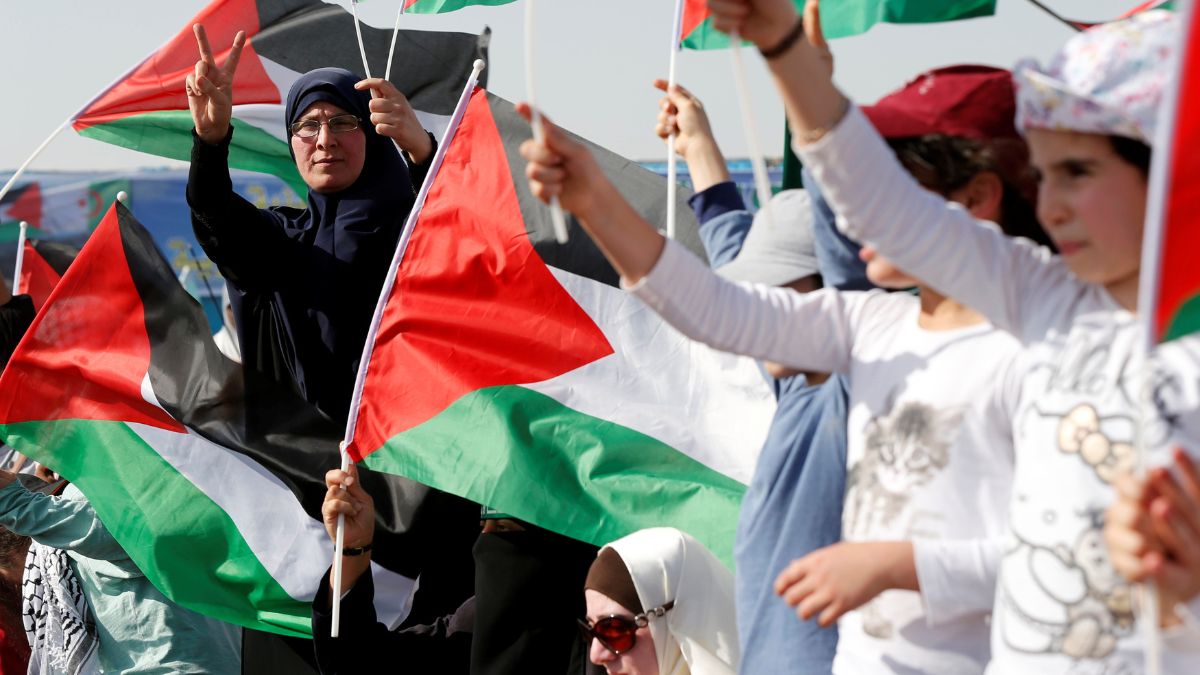)
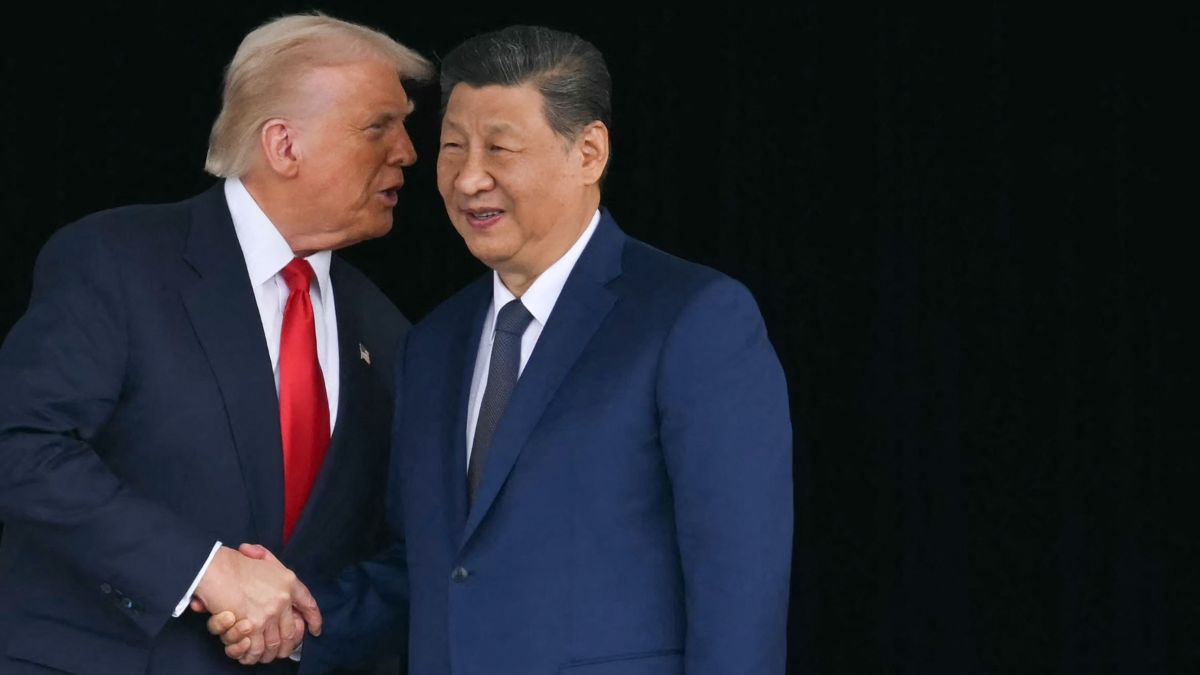)
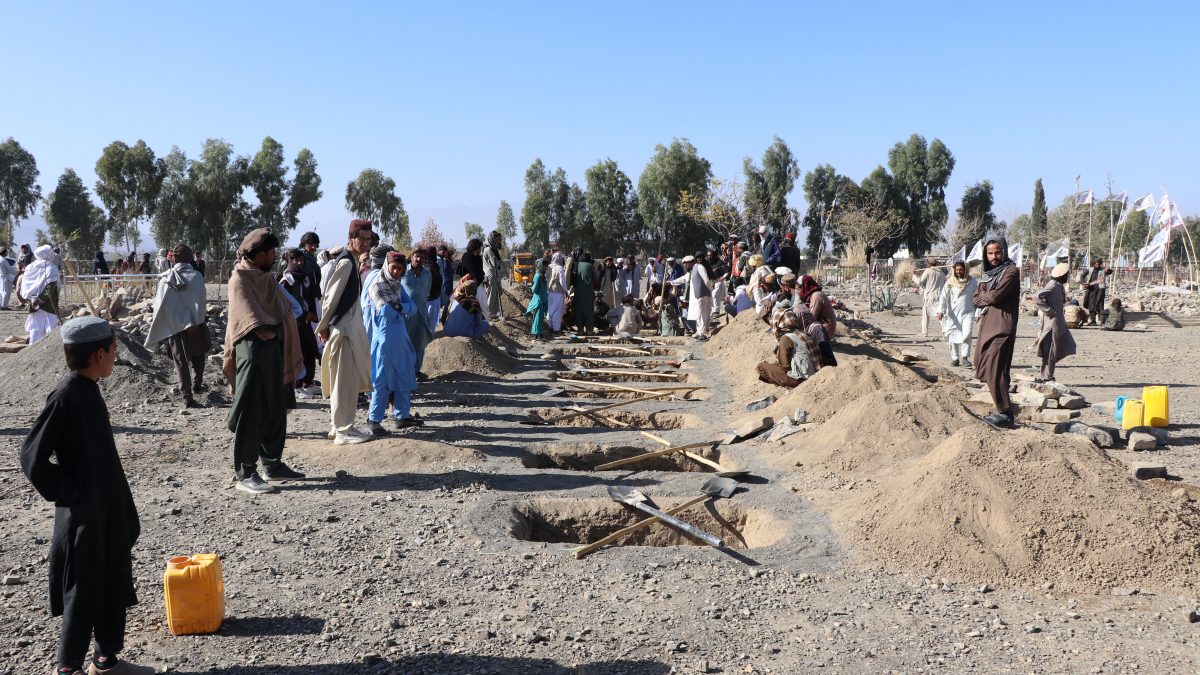)
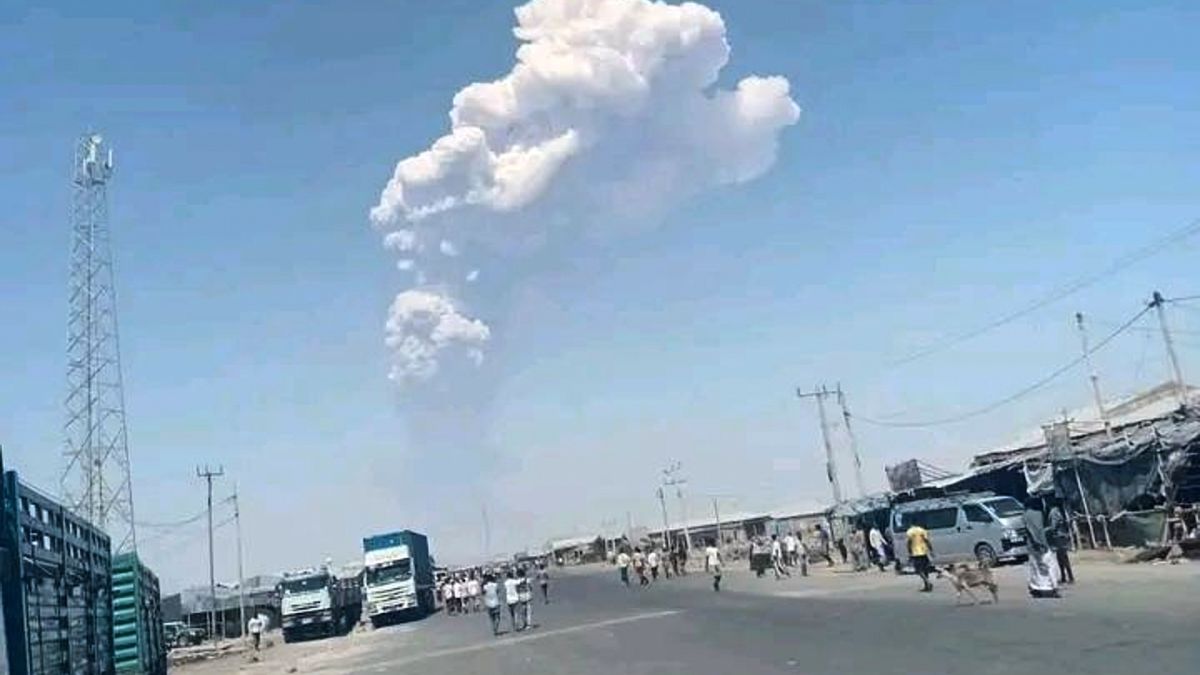)
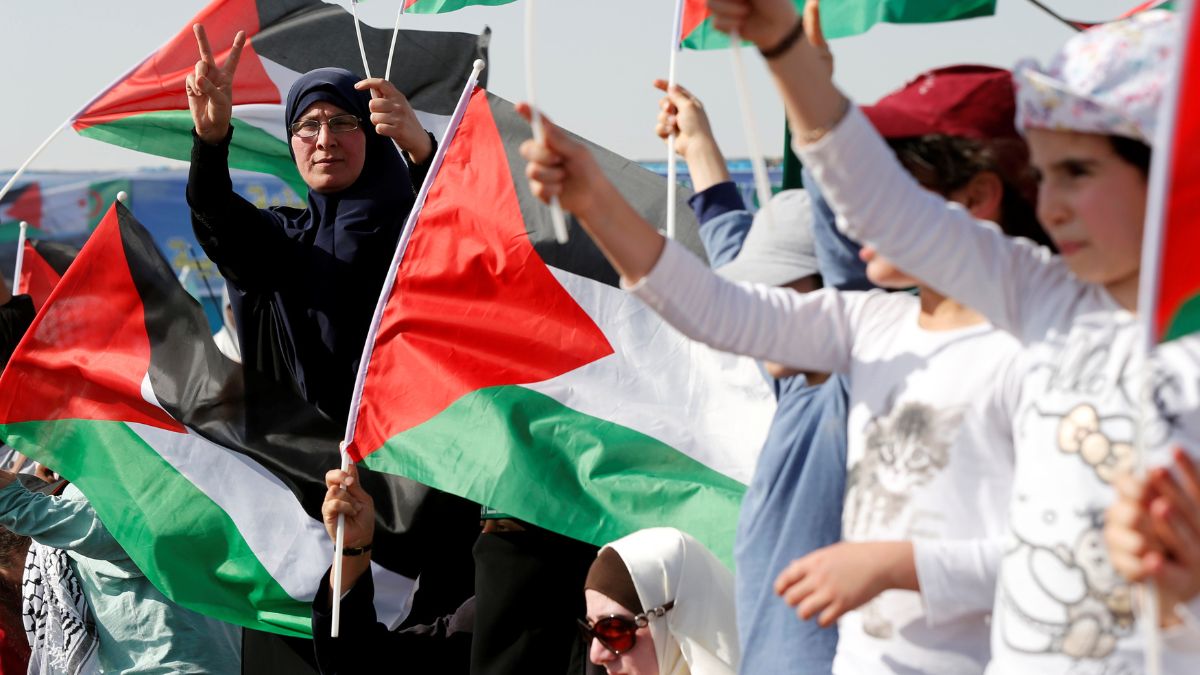)



